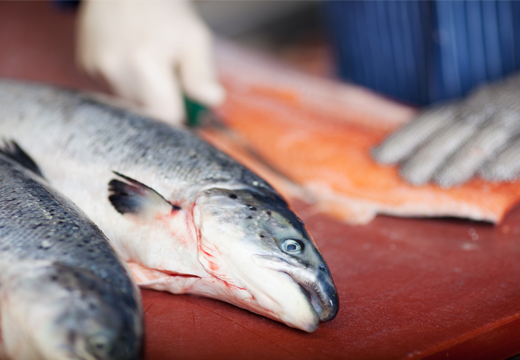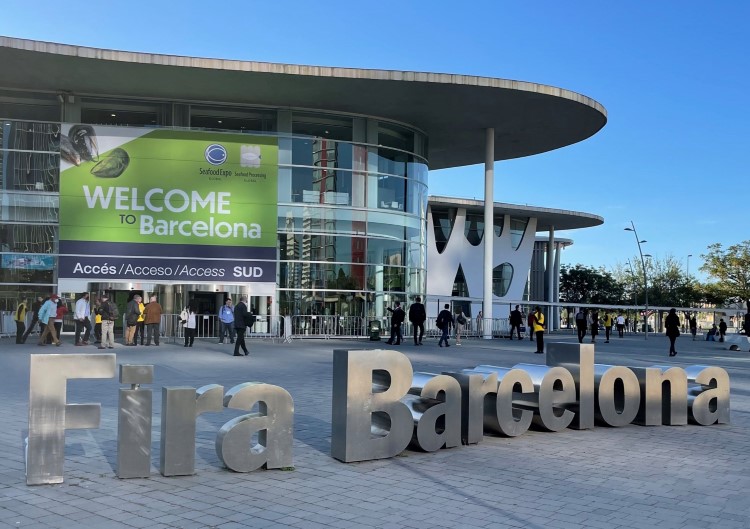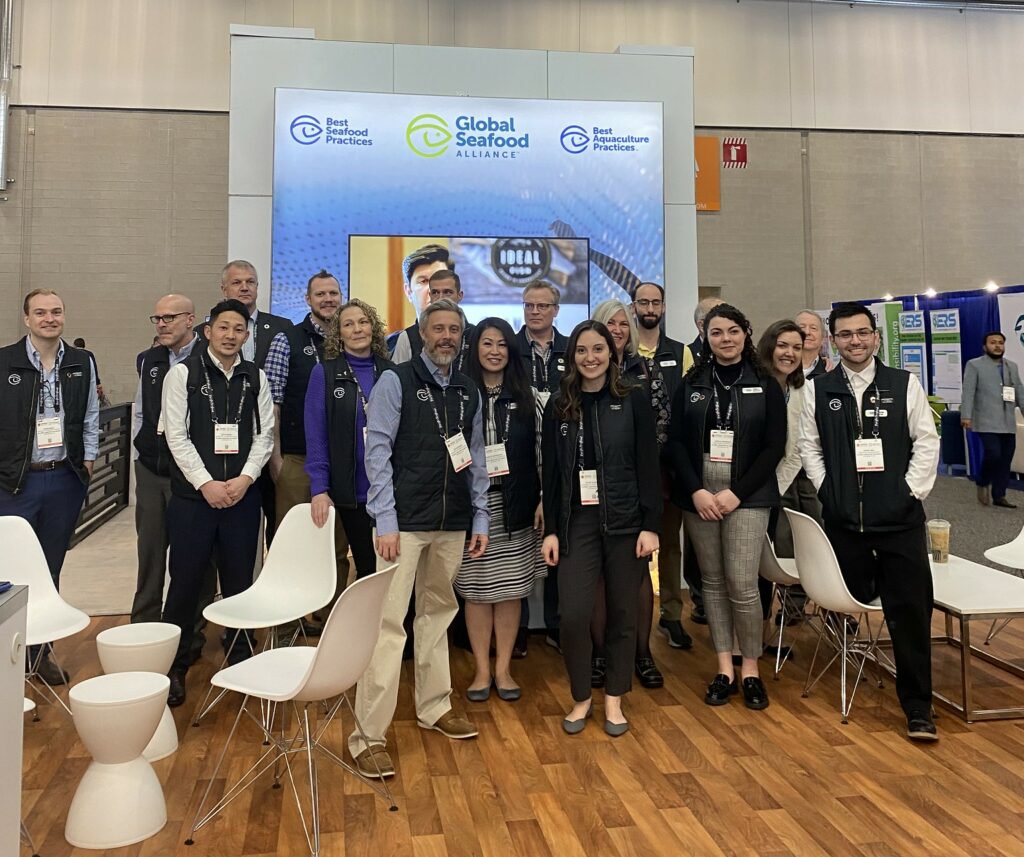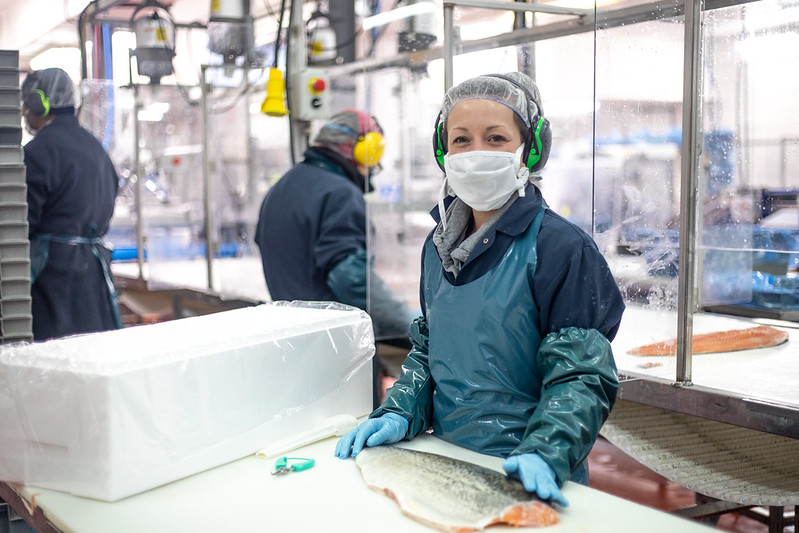As Animal-Welfare Advocates Spotlight Fish, GSA Reemphasizes its Longtime Commitment to Animal Health and Welfare
 The Global Seafood Alliance (GSA) is calling on animal-welfare advocates to engage in the nonprofit organization’s animal-welfare journey by participating in the Best Aquaculture Practices (BAP) standards review process as well as its pre-competitive education and advocacy work on animal welfare.
The Global Seafood Alliance (GSA) is calling on animal-welfare advocates to engage in the nonprofit organization’s animal-welfare journey by participating in the Best Aquaculture Practices (BAP) standards review process as well as its pre-competitive education and advocacy work on animal welfare.
As animal-welfare advocates increasingly spotlight fish and seafood in their campaign work, GSA is reemphasizing that animal health and welfare has been one of the pillars of the BAP third-party certification program, along with environmental responsibility, social accountability and food safety, since the inception of BAP almost 20 years ago.
BAP standards are continually reviewed and updated, with a mandated 60-day public comment period to solicit feedback from aquaculture stakeholders; BAP considers and responds to all comments. New versions of the BAP Farm Standard (Issue 3.0) and Seafood Processing Standard (Issue 5.1) were released on March 1, 2021, and Nov. 16, 2020, respectively, adding a number of new requirements under BAP’s pillars of sustainability, including animal health and welfare.
Issue 5.1 of the Seafood Processing Standard included the addition of Section 8, with new requirements for transport, holding facilities and slaughter; for example, animals are required to be rendered insensible prior to humane slaughter according to methods recommended by the OIE-World Organisation for Animal Health. Issue 3.0 of the BAP Farm Standard included a ban on antimicrobials designated as critically important for human medicine by the World Health Organization and additional wildlife-protection clauses for acoustic deterrent devices and entanglement.
“Animal health and welfare is a crucial pillar of the BAP standards, and GSA is committed to continually raising the bar with ongoing advances in research and technology,” said GSA President and Founder George Chamberlain. “Great strides have been made in environmental control, nutrition, biosecurity and health management, husbandry and handling, and humane slaughter. But we must continue to drive improvements through collaboration with academia, industry and the NGO community. Responsible aquaculture is a journey, not a destination.”
In addition to the BAP program, GSA works closely with The Center for Responsible Seafood, which received a $435,000 grant from the Open Philanthropy Project to develop best practices and online educational content about animal welfare relative to salmon, tilapia, and channel catfish. The findings from that study will be considered by GSA’s independent 12-member Standards Oversight Committee to strengthen the BAP standards.
Additionally, animal health and welfare has been addressed continually in GSA’s Responsible Seafood Advocate magazine and GOAL conference for almost 25 years. The Advocate has published hundreds of articles on animal health and welfare, including disease management, in its 24-year history, while animal health and welfare is a mainstay of the GOAL conference program, which is in its 20th year, and GSA’s Global Aquaculture Innovation Award, which is in its ninth year.
GSA prides itself on its ability to act as a clearinghouse for pre-competitive research and discussion on the challenges facing aquaculture and to use its platforms to recognize the individuals and organizations going above and beyond to find solutions to those challenges. For example, the winner of the 2019 Global Aquaculture Innovation Award was Scotland’s Ace Aquatec, which developed an in-water stunning device for more humane slaughter. Ace Aquatec is also on the program at the first in a series of GOAL virtual events. Scheduled for April 15, session is titled, “Tomorrow’s Aquaculture Will Be Shaped by Today’s Emerging Technologies.”
About GSA
The Global Seafood Alliance is an international, nonprofit trade association dedicated to advancing responsible seafood practices through education, advocacy and third-party assurances. Through the development of its Best Aquaculture Practices and Best Seafood Practices certification programs, GSA has become the leading provider of assurances for seafood globally. The organization’s work addresses the full spectrum of responsibility, from environmental responsibility and social accountability to food safety. Established in 1997 as the Global Aquaculture Alliance, GSA is headquartered in Portsmouth, N.H., USA. To learn more, visit www.globalseafood.org.




